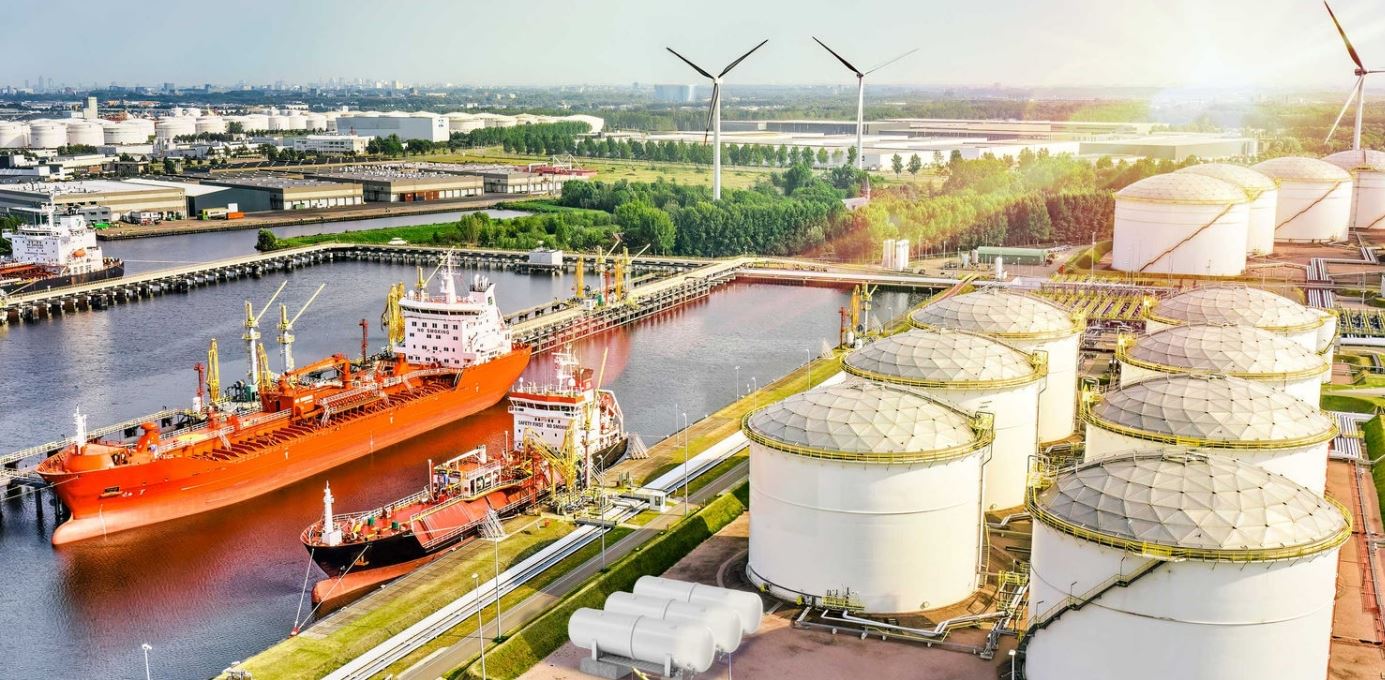 Accelleron, a SwitzerlandŌĆæbased company, will present a new report titled Breaking the carbonŌĆæneutral fuel deadlock to accelerate shipping’s net zero future at the London International Shipping Week 2025 (LISW25) Global Hub on Tuesday, 16 September, from 14:00 to 16:00 at County Hall, London, according to the company's release.
Accelleron, a SwitzerlandŌĆæbased company, will present a new report titled Breaking the carbonŌĆæneutral fuel deadlock to accelerate shipping’s net zero future at the London International Shipping Week 2025 (LISW25) Global Hub on Tuesday, 16 September, from 14:00 to 16:00 at County Hall, London, according to the company's release.
The report includes a quantified, comparative analysis of key conditions that have stalled progress. It highlights that fuel readiness, not ship design or investment, is now the primary roadblock hindering maritime decarbonisation, and explores how maritime stakeholders can aggregate crossŌĆæsectoral demand for carbonŌĆæneutral fuel to scale up feedstock and infrastructure investment.
Accelleron’s Chief Executive Officer Daniel Bischofberger said: “After a year of 1.5ŌĆ»°C average global warming, the stakes are high as we strive to meet maritime’s 2030 emissions reduction target. Success hinges on implementing energyŌĆæsaving technologies and going viral with fuel efficiency. But that’s just the first step in decarbonisation. The bigger challenge is developing carbonŌĆæneutral fuels, which is critical not only for maritime but for sectors contributing over 70% of global emissions. Solving this will require unprecedented crossŌĆæindustry collaboration and a shared commitment to accelerating fuel development and adoption. I look forward to the discussions at LISW that will help drive this commitment and turn the challenge into an opportunity for net zero.”
At the same event, Sean Moloney, coŌĆæfounder and joint Chief Executive Officer of LISW, welcomed Accelleron’s involvement as International Partner, saying: “We are delighted to have Accelleron join LISW25 as a sponsor and thought leader. Their focus on tackling one of the most pressing issues in maritime – the carbonŌĆæneutral fuel deadlock – aligns perfectly with LISW’s mission to foster meaningful dialogue and action across the global shipping community. Their report and presence at the Global Hub will no doubt spark vital collaboration and help shape the path to net zero.”
The session will also address the threeŌĆæway stalemate between shipowners, ports, and fuel suppliers, where scattered demand, poor coordination, and risk aversion have diluted progress and diverted investment across too many unproven options.
Accelleron’s report suggests that ports may hold the key to unlocking more coordinated and focused investment, given their central role as shared infrastructure serving multiple hardŌĆætoŌĆæabate sectors, including steel, cement, chemicals, power, and aviation.
These sectors, together with maritime, account for over 70% of global COŌéé emissions and all depend on hydrogenŌĆæbased fuels to reach net zero. Shipping may be uniquely positioned to take the lead in breaking the stalemate.
At LISW25, both the IMO headline event and the Global Hub, with representation from across the maritime value chain and stakeholders from more than 30 countries, offer rare opportunities to advance collaboration and unlock real progress toward net zero.
The upcoming IMO vote on the new net zero framework, expected this October, could provide the world’s first global regulatory structure to drive carbonŌĆæneutral fuel development in any hardŌĆætoŌĆæabate sector.
Accelleron Industries AG is a SwitzerlandŌĆæheadquartered technology company specialising in highŌĆæpower turbocharging, fuel injection and digital solutions for heavyŌĆæduty applications across the marine, energy, rail and offŌĆæhighway sectors. The company emerged as an independent legal entity following a spinŌĆæoff from ABB and is listed on the SIX Swiss Exchange. It operates over 100 service stations globally across 50+ countries and employs approximately 3,000 staff.
London International Shipping Week (LISW) is a biennial industry event organised by a coalition of maritime organisations including Maritime UK and the UK Chamber of Shipping, featuring conferences, exhibitions and networking across government, regulators and private sector participants. In 2025, LISW is hosting its first Global Hub forum designed to gather international delegations and connect key maritime players under a strategic policyŌĆæfocused agenda.



